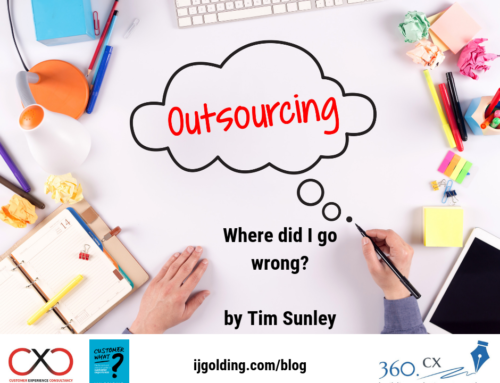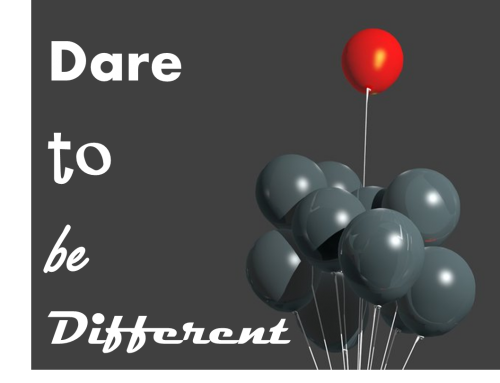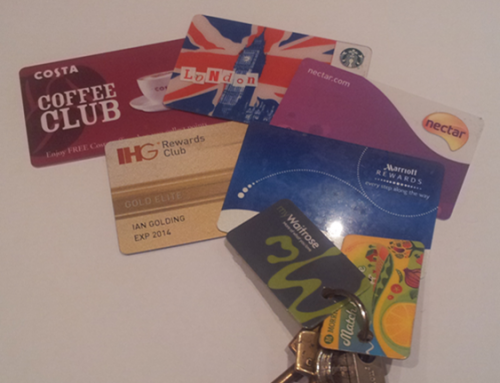
If you live in Britain, you cannot fail to have been gripped by Olympic fever. Even if you have not been gripped by it, you will not have been able to avoid it. Olympic coverage is almost 24 hours a day, and with the medals rolling in, most Brits are delighted to ‘lap it up’.
Sporting success certainly makes every nation extremely proud. Whether it is weightlifting, fencing, athletics or Greco-Roman wrestling; winning a medal of any colour at an Olympic games is a monumental achievement that us mere mortals can only dream about. However – for every athlete that is fortunate enough to win a medal, there are many more who do not.
To be able to compete at an Olympic games, or on the global stage at any event, it goes without saying that a human being will have to demonstrate almost superhuman levels of commitment. It is no good waking up one morning and saying to yourself ‘I cannot be bothered today’ – procrastination does not work for world-class sports people. It is therefore very emotional to see athletes that have not quite made it to the podium, or not quite getting to the top step, being interviewed. In general, most of them will say that as long as they did everything in their power on the day, they could not ask for more. They tried their best – but sometimes their best is just not good enough.
The picture at the start of this blog is of two British rowers – Zac Purchase and Mark Hunter – narrowly missing out on a gold medal – being consoled by Sir Steve Redgrave. These two amazing athletes were gold medallists in Beijing – and now they were heartbroken at missing out on another gold. The emotion and pain in their faces is all we need to know when it comes to considering if they ‘tried hard enough’ – of course they did. Sometimes your best is just not good enough on the day – but at least they gave it everything.
Their picture, and interviews of other defeated athletes at London 2012, got me thinking about the analogy of customer experience failure. All of us have had experiences of dealing with organisations where things have not gone to plan. The delivery was late; the product was damaged; the installation did not work. We know things will go wrong – BUT – do we know if the organisations we interact with actually ‘tried their best’. Are we happy to accept failure if a business we deals with tried their best? Is their best actually good enough?
‘Sorry Mr Golding, we tried to deliver your parcel the other day (which contained Jack’s birthday present), but could not get there – we tried our best though’.
I have just made this up, but if it had actually happened, would coming second best be good enough for me? Absolutely not. As consumers, we expect companies we spend our hard-earned money with, to behave like Olympic athletes – always striving to get to the to the top of the podium – every single time we interact with them. If they do not get to the top of the podium, then they need to try harder next time – that is what will be going through an Olympians mind. But in the analogy of customer experience – there may not be a next time if we choose to take our business elsewhere. There will be Olympians in London for whom this was the last time to compete at this level – they tried their best, but it was not good enough.
When creating and embedding customer experience strategies, it is vital for companies to think like Olympians – striving for the gold medal – the silver is not good enough – cheesy, but absolutely true. The British culture – any culture – needs to learn from our Olympians – trying your best is admirable. For an Olympian, trying your best is what is expected. Being the best is what you strive for.
These pictures are of a lady called Rebecca Romero:

I am honoured ro know Rebecca – she is an amazing athlete – the first British Olympian to win medals in two different sports – a silver in Athens (2004) in rowing, and a gold in cycling in Beijing (2008). Rebecca did not quite make it in 2004 – her best (albeit an amazing achievement for you and me) was not quite good enough. So Rebecca changed sports, and got to the top step four years later – an incredible achievement. Rebecca had the confidence in her abilities to know that if she worked hard and focussed, she could be the best – she changed her strategy – to become the best. How many organisations could do the same thing with their focus on customer experience?
The next time you interact with an organisation, consider whether or not their best is good enough. If you are a customer experience professional, re-look at your CX strategy and ask the same question.
You are very welcome to comment on any of my blogs.






Leave A Comment